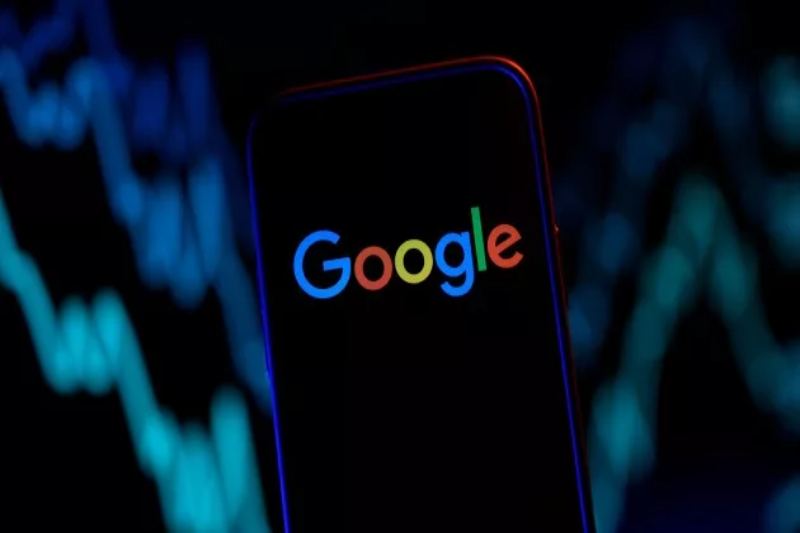Technology
Google’s health care business is powered by AI, Washington is unsure of how to handle the situation

Technology
Microsoft Expands Copilot Voice and Think Deeper
Technology
Google Launches Free AI Coding Tool for Individual Developers
Technology
Elon Musk Unveils Grok-3: A Game-Changing AI Chatbot to Rival ChatGPT
-

 Entertainment4 weeks ago
Entertainment4 weeks ago‘Moana 2’ Hits Disney+ After Record-Breaking Theatrical Run
-

 Entertainment4 weeks ago
Entertainment4 weeks agoLatvia Celebrates Historic Oscar Win as ‘Flow’ Captivates the World
-

 Entertainment4 weeks ago
Entertainment4 weeks agoDisney Cancels ‘Tiana’ Series as It Moves Away from Longform Streaming Animation
-

 Entertainment4 weeks ago
Entertainment4 weeks agoHappy Women’s Day 2025: Top 30 Wishes and Quotes to Share with Friends and Family
-

 Entertainment2 weeks ago
Entertainment2 weeks agoZZ Top’s Frank Beard Takes Break from Tour Due to Health Issues
-

 Entertainment2 weeks ago
Entertainment2 weeks agoZouk Los Angeles Opens with Celebrities and Epic Performance
-

 Entertainment2 weeks ago
Entertainment2 weeks agoSunita Williams Returns Home After 8 Months in Space
-

 Entertainment2 weeks ago
Entertainment2 weeks agoKanye West Drops New Album ‘Bully’ with Film Starring Son Saint













